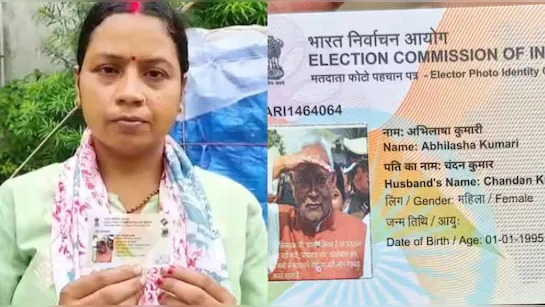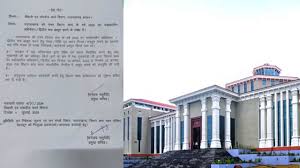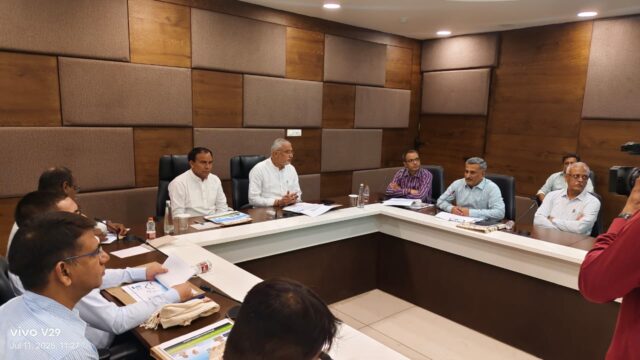Education Ministry issues guidelines for parental involvement in home-based learning

The Department of School Education and Literacy, Ministry of Education, today issued guidelines for parental involvement in school closures and subsequent home-based learning. Union Education Minister Ramesh Pokhriyal ‘Nishank’ in his tweet said that considering the role of parents as crucial for the development and learning of children in this new normal of the pandemic, the objective of these guidelines is to maintain their literacy levels during school closures. To provide information about the why, what, and how related to their involvement and involvement in helping children. He further added that home is the first school and parents are the first teachers.
The guidelines for home based learning emphasize the need to create a safe and engaging environment and a positive learning environment for parents to have realistic expectations of the child, take care of health and eat healthy, while at the same time helping the child. Let’s have fun together. These guidelines are not only for parents, but also for caregivers, other family members, grandparents, community members, older siblings, who promote the well-being of children. engaged in giving.
These guidelines provide a number of simple tips for parents and others to facilitate home learning of children. These suggestive activities are commensurate with the various stages of schooling under the National Policy on Education (NEP) 2020. Appropriate art activities are classified on the basis of 5+3+3+4 system, i.e. basic stage (age 3-8 years), primary stage (age 8-10 years), secondary stage (age 11-14 years) and the secondary stage: from adolescence to adulthood (ages 14-18). These activities are simple and suggestive, which can be adapted and adapted to local needs and contexts. These guidelines provide a therapy for children under stress or trauma As encourage the role of the arts.
At the same time, these guidelines place importance on monitoring children’s learning deficits and improving their learning by addressing them. Supporting parents with teachers in documenting and reflecting on the progress children are making in their learning It is important for both teachers and parents.
These guidelines advise schools to involve parents by providing information and ideas on how to assist students with homework and other curriculum-related activities, decisions and planning at home, and to include them in school decisions. Resources such as sending newsletters, e-mails, mementos, etc. can be provided to parents.
In addition, resources are provided for children with special needs that their parents can visit. They can approach the teachers for guidance in this regard. There are other agencies and organizations that facilitate providing information on these things that can be sought from the SMC/Gram Panchayat, school administrators etc.
A separate chapter is included in the guidelines to help parents who are less educated or illiterate. There are suggestive steps schools, teachers and volunteers can take to provide support to parents with low literacy.






